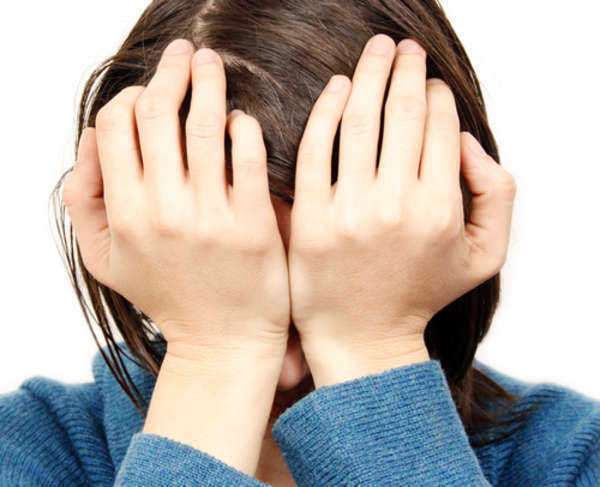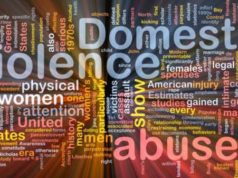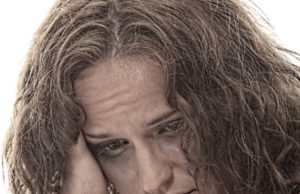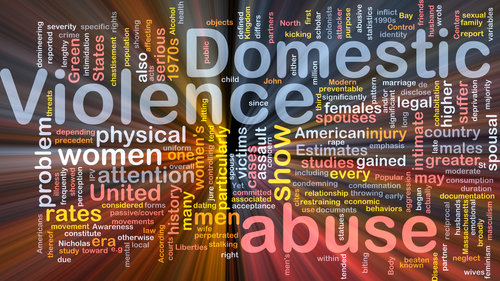
The House recently renewed the Violence Against Women Act, marking a huge step forward for victims of domestic violence. This new legislation is more powerful than the older version, which was enacted in 1994, in that it both expands and creates federal programs that help victims of domestic violence. In addition to re-establishing provisions of the older law pertaining to intimate partner violence, it provides newly established legal protections for Native American women and LGBT victims of domestic violence.
(More on News at LAWS.com, contact Adam for interviews “adama@laws.com”)
Since its inception in 1994, the Violence Against Women Act has provided a holistic approach to tackling the issue of domestic violence. One of the ways it did this was by improving how the criminal justice system responded to domestic violence. It required, for example, that regardless of a victim’s income level, victims are not required to pay for their own rape exam or for service of a protection order.
VAWA required that a victim’s protection order be recognized by all states and territories, and helped increase prosecution and conviction rates by assisting communities in developing dedicated law enforcement units that dealt with victims of domestic violence.
The Violence Against Women Act also continues to provide funding for the training of over 500,000 prosecutors, judges and law enforcement officers every year so that they are better equipped to respond to the victims of domestic violence. Rape victims were more empowered to talk to police and prosecutors about being sexually assaulted after the bill created the “rape shield law,” which meant that during a rape trial, the defense for the rapist may not use a victim’s sexual behavior in the past against them.
The Utah Domestic Violence Council (UDVC) is a nonprofit organization that is recognized nationally as the state domestic violence coalition in Utah. The UDVC plans and conducts state needs assessments, provides technical assistance and training, serves as an information clearinghouse and collaborates with governmental bodies that deal with domestic violence victims. Established in 1978, it works closely with the 22 domestic violence coalitions in the state of Utah.
The following is an interview with Peg Coleman, executive director of the UDVC, on her thoughts and feelings about the recent reauthorization of VAWA, and the work of her organization in the realm of domestic violence.
In your opinion, what does the recent passage of the Violence Against Women Act (VAWA) signify for the women's rights movement?
I think it is an acknowledgment that there is still much more work to be done. Violence and oppression still exist in our culture. Protections ARE still needed.
Do you believe the new version of VAWA goes far enough to protect women against domestic violence?
I think there are things that can be improved. There is still a great need for support for shelters and victims’ services that are truly empowerment based and not beholding to another system such as police or prosecutors. Advocates are needed there, but there so many vulnerable people who face barriers in accessing those services that are often housed in the criminal justice system
The new version of VAWA includes historic provisions for Native American Women. Do you think the law as passed represents a step in the right direction for American Indian women in the United States?
Yes. A step forward in giving greater access to safety for victims and more accountability for perpetrators.
What has your organization been able to achieve in terms of advancing the cause of domestic violence victims in the state of Utah?
We have an amazing group of dedicated, passionate people at the table. Many organizations and political folks are invested. Utah has very effective advocates that are housed in public programs. They do remarkable work as do our police and judicial system. Utah victims have access to legal services to assist with protection orders. Utah as a system demonstrates compassion.
Do you believe Utah has come a long way since the initial passage of VAWA in 1994?
Utah has a proud history with VAWA. Not only senator Hatch but Diane Steward of Utah was one of the first OVW directors. We still have a long way to go in ensuring there are adequate services. With such a proud start in the movement to end violence against women, I think we took a turn that mis-focused the attention from holding perpetrators accountable towards pathologizing victims. I believe that with the passage and expansion of VAWA we can get back to our roots and open our hearts to all victims of violence.
If you are a victim of domestic violence, please visit the Hotline for Utah Domestic Violence Council. You can learn more about the issues covered in this article by visiting the Domestic Violence page.




























